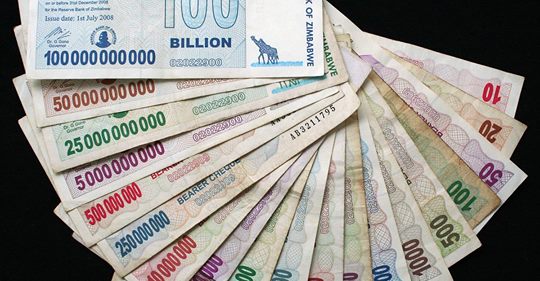
The Venezuela crisis remembers me of the Japanese Banana money in Singapore/Malaysia after World War II. Money could become a junk paper but asset such as property still could preserve the value during crisis.
Venezuela highly dependent on income from crude oil which price was falling down since a few years ago, resulting in country financial crisis, which now a humanity crisis with hyperinflation of 1 Million %. For a mature country, a few percentage of inflation is considered healthy for a moderate growth and steady economy but too much inflation will be a disaster. The role of central bank is critical to moderate various factors contribute to national economy.
1 Milllion % inflation means $1 product / service now becomes about $10,001. Technically, the Venezuelan Bolivar, purchasing power with this currency has dropped by 10,001 times.
It means if a loaf of bread is $1, it would cost $10,001 now to get one. So, whoever holds cash as fortune, wealth would drop significantly with very weak purchasing power due to hyperinflation. If one owns commodity or property as wealth, then will be safer.
Lira crisis is Turkey is related to Forex + Politics + Economy, trigger point is different but results could be similar, country financial crisis.
Singapore may not be a good place to trade in stocks but it could be a good choice to invest in property for long term (island country with limited land and nearly unlimited future population), Singapore Dollar (SGD) also appreciates gradually over the decades against other major currencies under MAS long term policy, supported by long term political stability (the longest so far for 1 party to rule a country), pro-business economic policies, etc.

